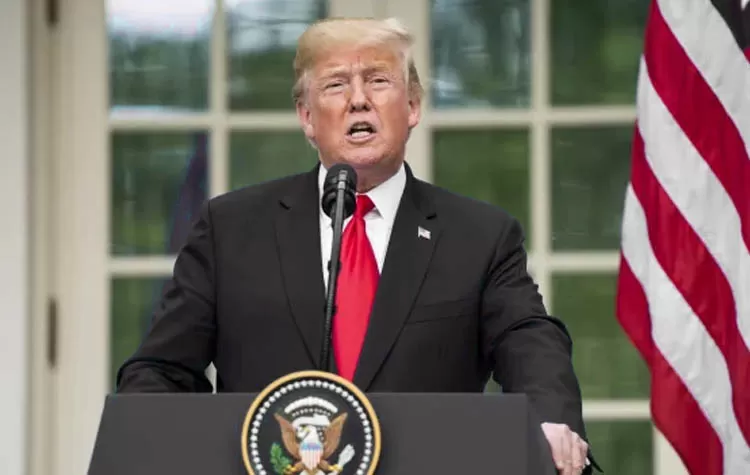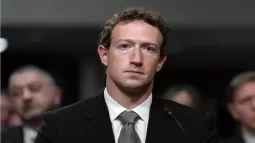
After dramatic falls in international financial markets, the former President of the United States Donald Trump spoke about the economic uncertainty created by his tariff statements. Speaking bluntly, Trump underscored the need to continue tariff policies until the United States resolves its long-standing trade deficits. In reference to the economic dislocation, Trump compared the situation to taking "bitter medicine" as a path to recovery.
Trump Refuses to Back Down on Tariffs Despite Economic Worries
In a recent release, Donald Trump defended his government's tough tariff policies, claiming that dealing with trade imbalances is crucial for long-term economic well-being. He added that although market volatility is not ideal, it is at times inevitable when making structural adjustments. Trump said that lowering tariffs is not possible until the U.S. sorts out its trade deficit, reaffirming his economic protectionism stance.
Trump emphasized meetings with international leaders from Europe and Asia, indicating that many countries are now more likely to settle trade agreements with the U.S. He re-emphasized his message to them: economic concessions by the U.S. will not be entertained until there is significant progress in righting trade imbalances. The economic destabilization is a short term cost needed to achieve a fairer world trade regime, according to Trump.
Economic Rationalization and Criticism of Existing Policies
Trump went on to claim that tariffs are a feasible remedy for the wide economic imbalances that America has with nations like China and the European Union members. Trump argued that such measures have already earned the American government billions. To him, these revenues prove that his policies in international trade are paying off. Trump compared his administration's strategy with that of President Joe Biden, condemning what he called inaction and lack of supervision under Biden's rule.
He also claimed that during this administration, numerous nations have widened their surpluses with the U.S. at the expense of the national deficit. Trump attributed recent global economic instability to his tariffs but insisted that these actions are strategically imperative. He implied that, in contrast to the past, world leaders are now affirmatively pursuing trade negotiations with the U.S., citing ongoing talks with over 50 nations, including India.













